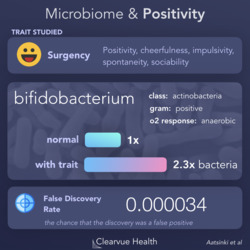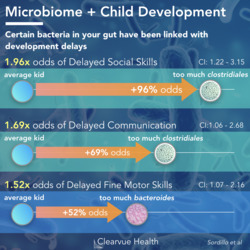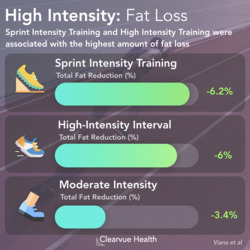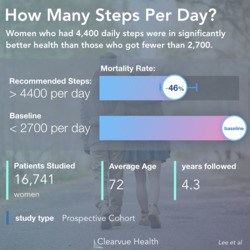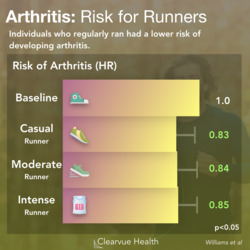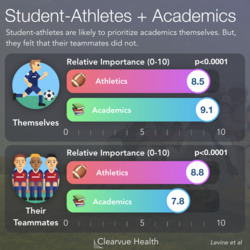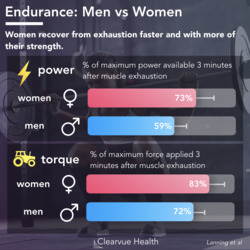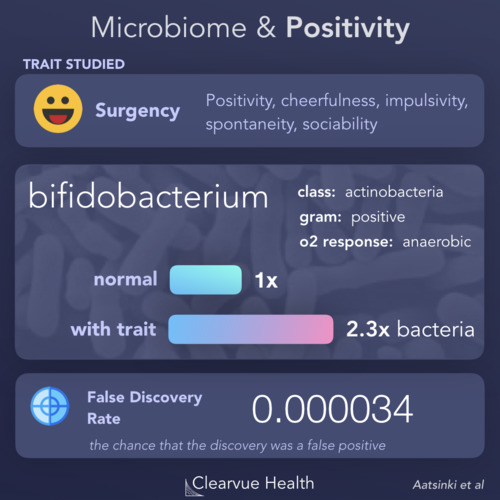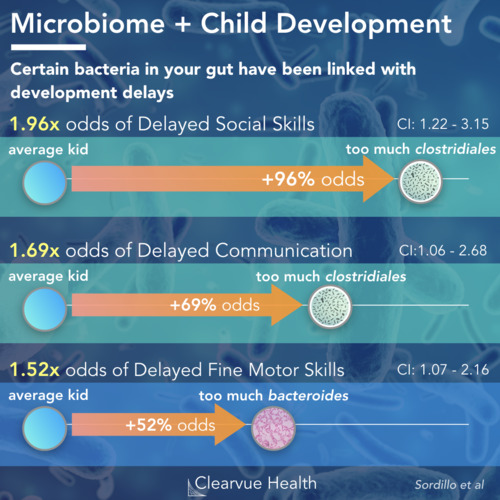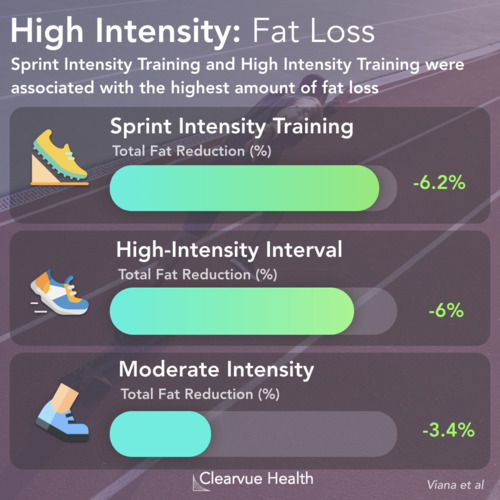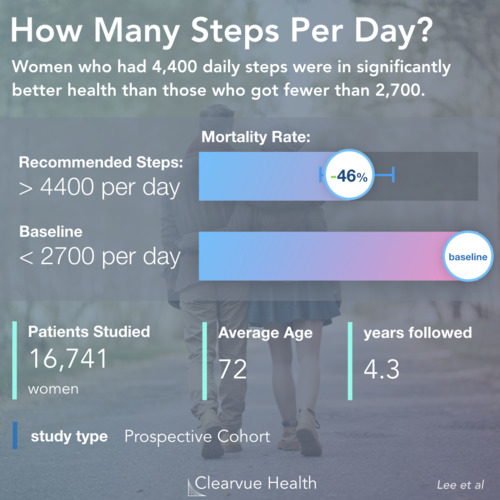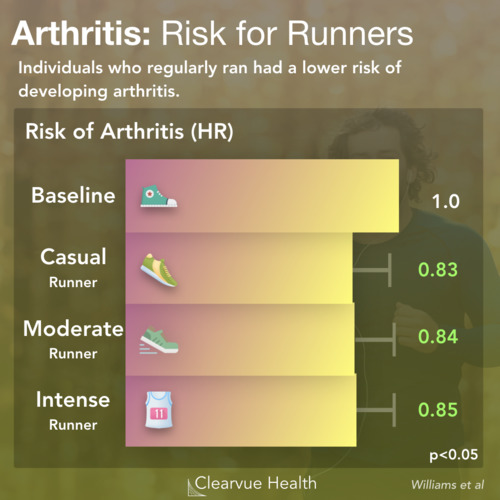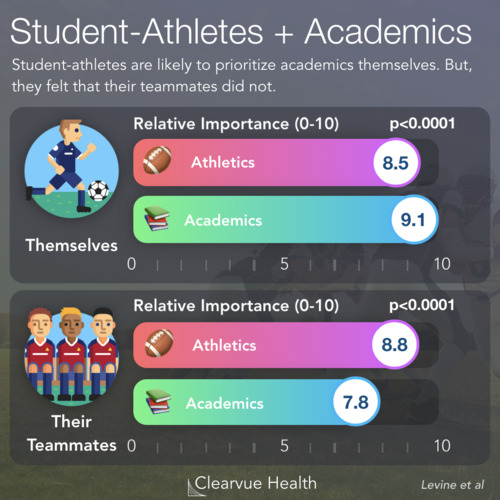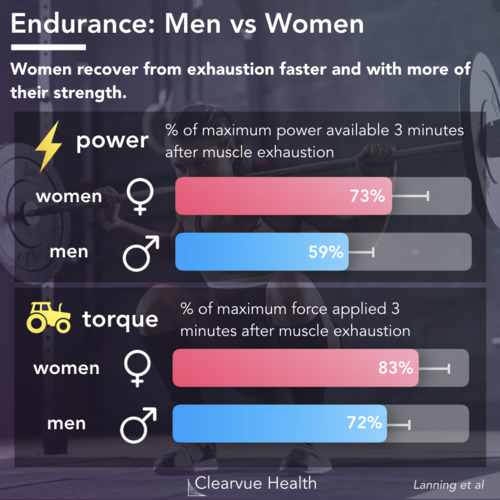The Microbiome & Marathons
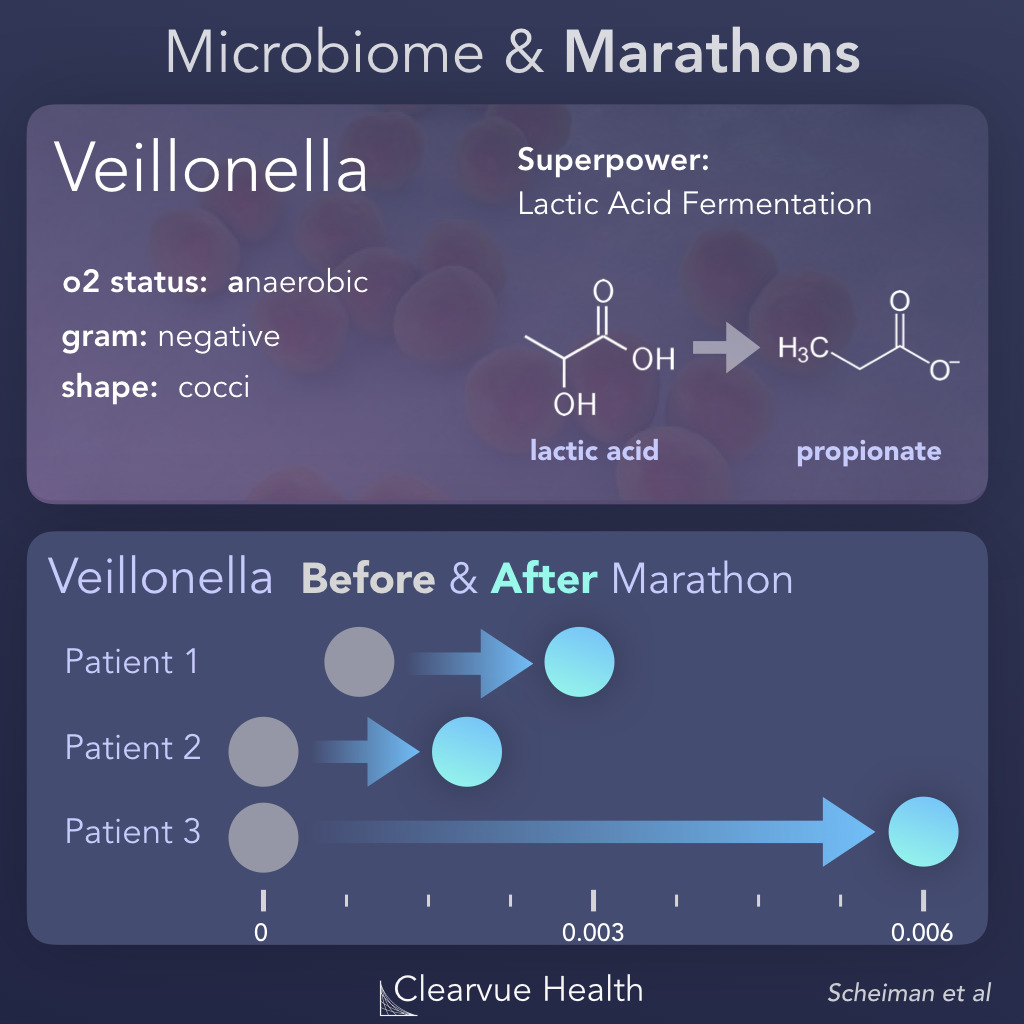
Figure 1: The Microbiome & Marathons. Researchers tested the microbiome of runners before and after a marathon. They found that Veillonella significantly increased in prevalence in many runners right after a marathon. In the lower chart, the prevalence before is represented in a gray circle and the prevalence after is represented by a blue circle. Of note, we have selected a representative 3 data points out of the study to highlight the general effect. Please see the original publication for the full dataset.
A new study shows that your gut bacteria may help you run farther and work out for longer.
Your intestines are full of bacteria that play an essential role in your body.
For decades, scientists have known about these bacteria but have mostly ignored their role.
Modern science is showing that these bacteria are some of the most important organisms for our health.
They don’t just live in your body, they also help your body digest food, keep infections away, and even develop the brain.
Scientists in the study collected poop samples from runners before and after a marathon. They wanted to see which types of bacteria became more common after a marathon. These bacteria would presumably play a role in endurance and athleticism.
Of note, we have selected representative pieces of data from the paper for the charts above in order to create charts that are easier to read. While we do our best to preserve the intent of the authors, we highly encourage you to check out the original paper if you’re interested in this topic.
They found that this one particular type of bacteria, Veillonella, increased significantly in most of the runners after the marathon. This, of course, doesn’t prove anything by itself, but it did pique the scientists’ interest.
The microbiome includes all the bacteria in your body. These bacteria are obtained from outside your body and colonize your intestines and your skin, among other locations. They have been known to play a role in many of your body’s functions. The types of bacteria in your microbiome have been shown to correlate with weight, brain development, and athletic endurance.
Veillonella and Running Endurance
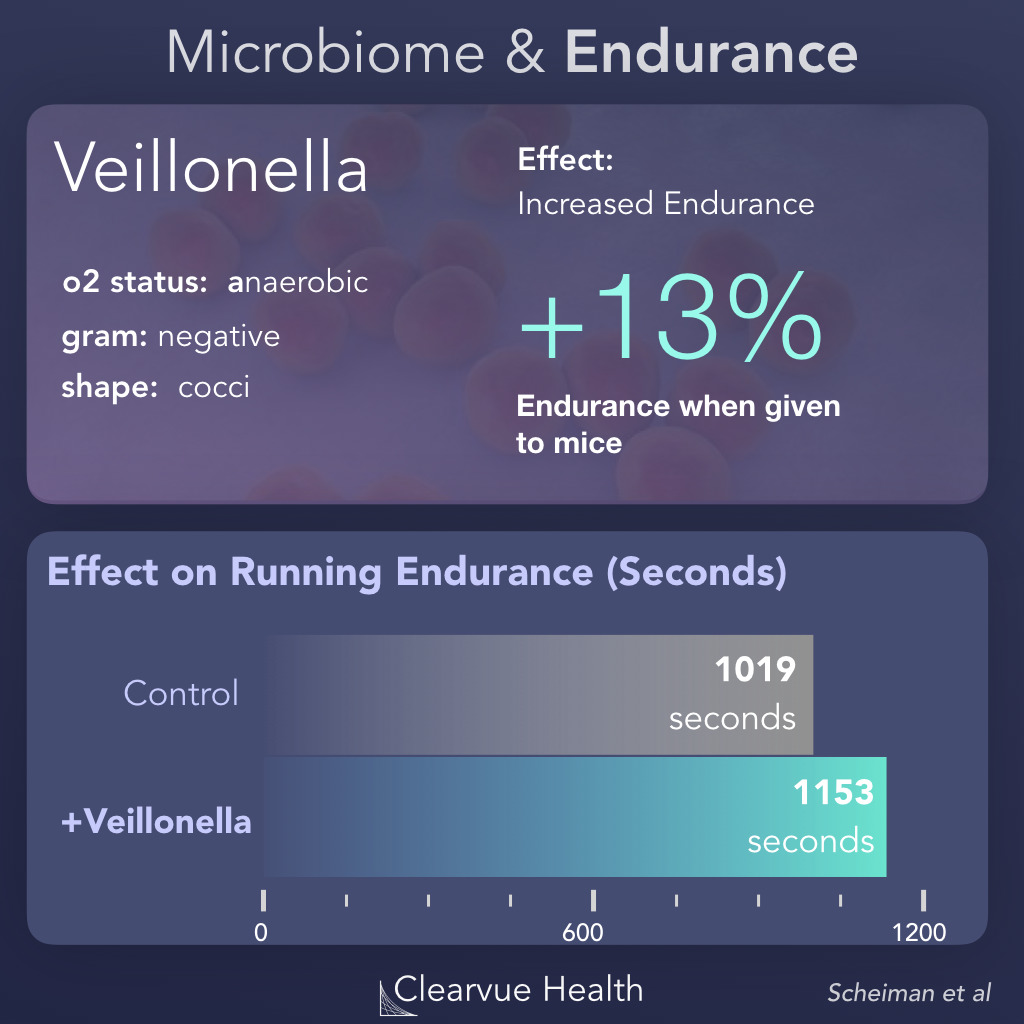
Figure 2: Veillonella and Running Endurance. Researchers found that adding veillonella to the intestines of mice could increase endurance. Those that were given veillonella ran for around 13% longer than those who that did not receive veillonella. This difference was statistically significant (p=0.02).
In order to see what effect this bacteria may have, they put this bacteria in the intestines of some mice and tested how far they could run.
They found that mice with this bacteria were able to run around 13% longer than mice who did not receive this bacteria.
Just by adding bacteria to the gut, researchers were able to increase athletic endurance.
How Veillonella Works For Athletes
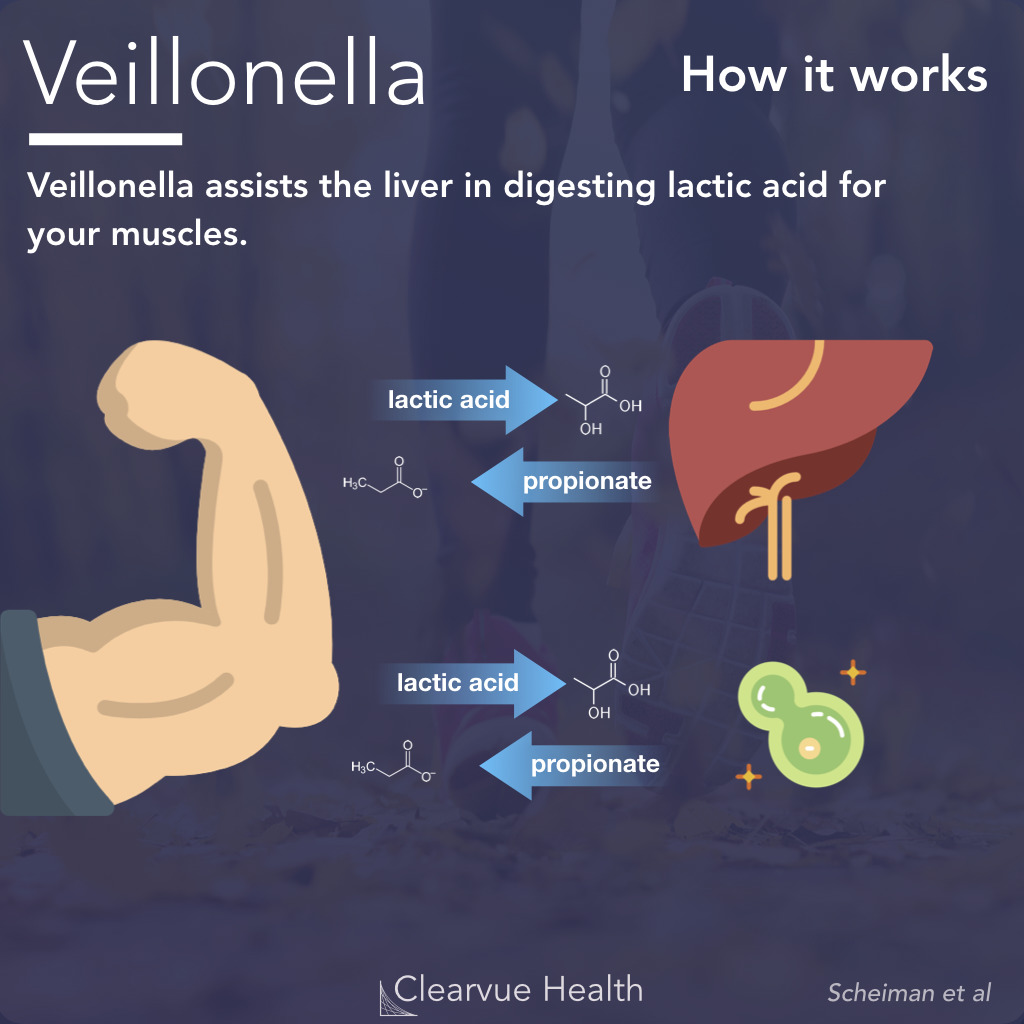
Figure 3: How Veillonella Works For Athletes. Researchers theorize that veillonella may help the liver digest lactic acid. During intense exercise, your muscles generate lactic acid. This gets digested into propionate by the liver, which provides more fuel for your muscles.
The researchers theorized that this bacteria may play an important role in helping the liver digest lactic acid.
As you may know, one of the causes of the burn you feel when running is a buildup of lactic acid.
Normally, lactic acid is digested by the liver to create more fuel for your muscles. Based on lab experiments, the scientists theorized that this bacteria may provide an extra boost to your body during exercise by helping your liver to digest lactic acid and returning fuel for your muscles in the form of propionate.
Keys to Health
At this point, we are just beginning to understand the effect of bacteria on the human body. We don’t yet know whether giving certain bacteria to humans can provide any benefit. Scientists will need to conduct a clinical trial in order to find this out for sure.
We do know is that the bacteria in your gut matter.
-
Study Type - Researchers obtained data from poop samples from runners, which can only provide correlations.
+
Animal Experiments - Researchers tested their hypothesis on mice, which adds evidence that the bacteria can pay a benefical role in athletic endurance.
+
Purported Mechanism - The purported mechanism, where bacteria help the liver digest lactic acid, is consistent with what we know about biology.
Science Magazine
First these techniques revealed vast, diverse communities inside our guts, on our skin, inside buildings, and on every surface imaginable. Next, studies involving germ-free mice (that is, mice that lack microbes) and other research uncovered ties between these microbes, our so-called microbiota, and health--with bacteria playing potentially key roles in immunity, obesity, and development.
ACP
“The physiology of this community is very tied with our own physiology. … The number of genes inside these thousands of different types of microbes in you actually has a metabolic capacity that outstrips our own metabolic capacity by, depending on whose you believe, at least an order of magnitude—maybe even two or three orders of magnitude,” he said.
NASW
"Bacteria in the body outnumber human cells. In fact, the official estimate is that for every 10 cells, there are 13 microbes. This community of bacteria called the microbiome can affect well-being, and this is particularly true in the gut...Poor sleep, antibiotics, and even exercise habits can disrupt gut microbes, and, in turn, health."
Clearvue Health is not affiliated with above organizations. The information above is provided to highlight and link to useful further reading.




